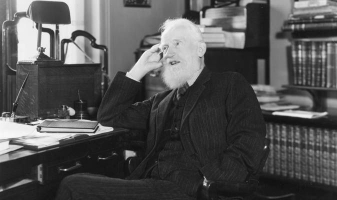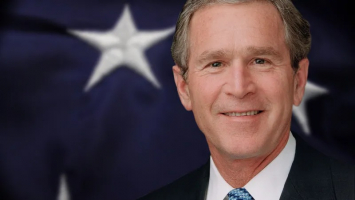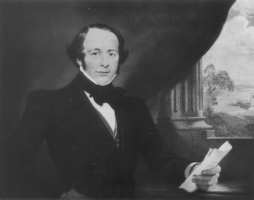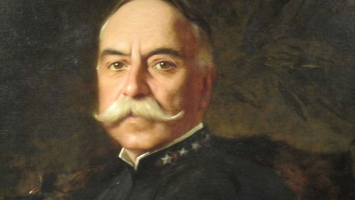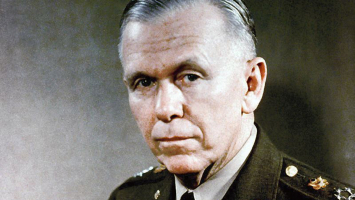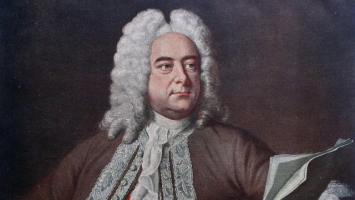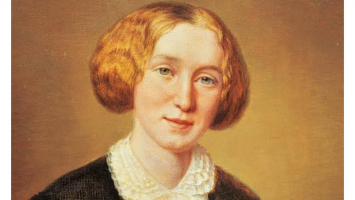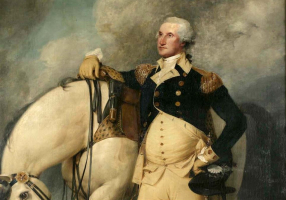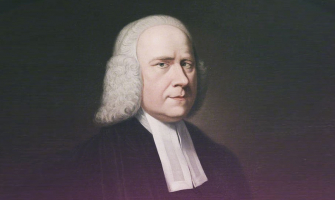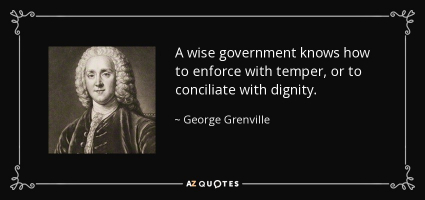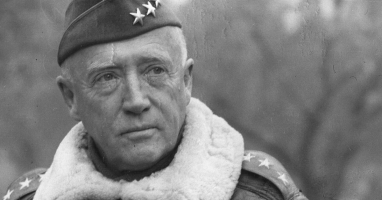Top 7 Interesting Facts about George Orwell
Eric Arthur Blair (June 25, 1903 – January 21, 1950), better known as George Orwell, was an English author, essayist, journalist, and critic. His work is ... read more...distinguished by clear prose, social criticism, opposition to tyranny, and advocacy for democratic socialism. Here are the 7 interesting facts about George Orwell you should keep in mind.
-
One of the interesting facts about George Orwell is that Orwell was known as a prankster when he was a schoolboy. "The remarkable thing about Orwell was that alone among the boys he was an intellectual and not a parrot for he thought for himself", Connolly said of him. At Eton, John Vaughan Wilkes, his former St Cyprian's headmaster's son, recalled "he was extremely argumentative about anything and criticizing the masters and criticizing the other boys. We enjoyed arguing with him. He would generally win the arguments, or think he had anyhow." English classicist and medievalist Roger Mynors agrees: "Endless arguments about all sorts of things, in which he was one of the great leaders. He was one of those boys who thought for himself."
Blair enjoyed playing practical jokes. Buddicom recalls him swinging like an orangutan from the luggage rack in a railway carriage to scare a female passenger out of the cabin. At Eton, he played tricks on his housemaster, John Crace, including placing a parody advertising in a college magazine indicating pederasty. His tutor, Gow, described him as "a very unattractive boy" who "made himself as big a nuisance as he could". Blair was later banned from the Southwold crammer for sending a dead rat as a birthday present to the town surveyor. In one of his As I Please articles, he mentions a protracted joke he told after responding to an advertisement for a woman who claimed to have a cure for obesity.
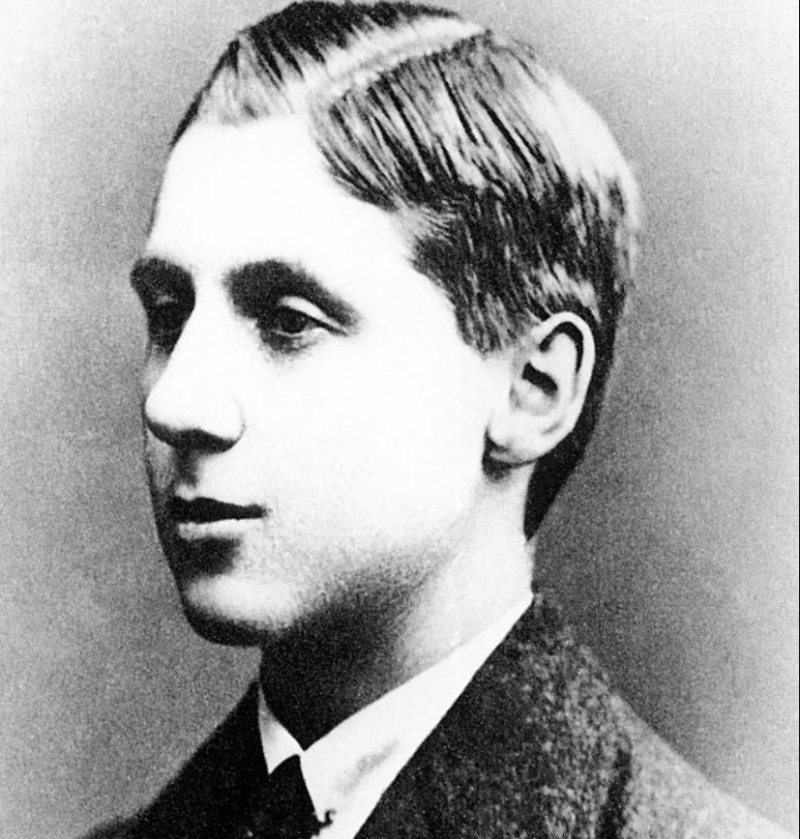
pixels.com 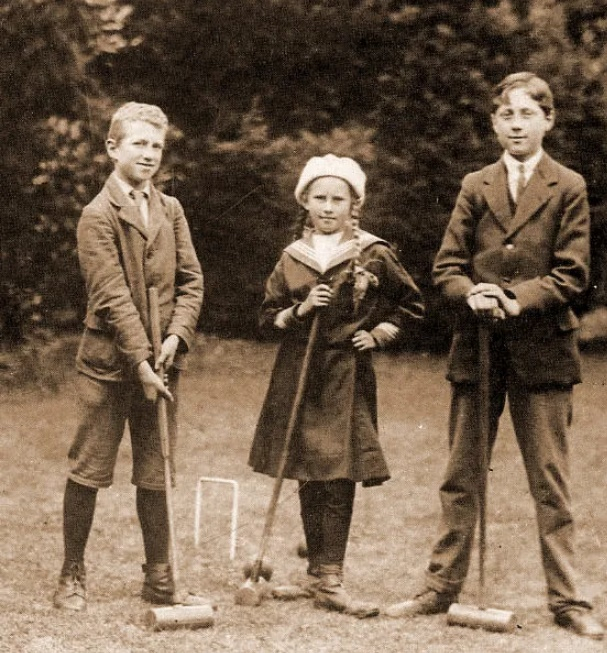
Prosper and Guinever Buddicom with Eric Blair (right) -themarginalian.org -
It is a fact that he was noticed for his teaching career. Blair began teaching at The Hawthorns High School, a boys' school in Hayes, West London, in April 1932. This was a small private school for the children of local tradesmen and shopkeepers, with just 14 or 16 boys aged 10 to sixteen and one additional masters. During his time at school, he became acquainted with the curate of the local parish church and became interested in its activities. Mabel Fierz pursued proceedings with Moore, and at the end of June 1932, Moore informed Blair that Victor Gollancz was willing to publish A Scullion's Diary for a £40 advance through his newly established publishing business, Victor Gollancz Ltd, which was an outlet for radical and socialist works.
Blair left Hawthorns in mid-1933 to teach at Frays College in Uxbridge, west London. This was a much larger enterprise, with 200 students and a full complement of staff. He bought a motorcycle and began riding it throughout the countryside. On one of these outings, he got wet and had a chill, which turned into pneumonia. He was transferred to a cottage hospital in Uxbridge, where his life was thought to be in jeopardy for a time. When he was discharged from the army in January 1934, he returned to Southwold to recuperate and, with the backing of his parents, never returned to teaching.
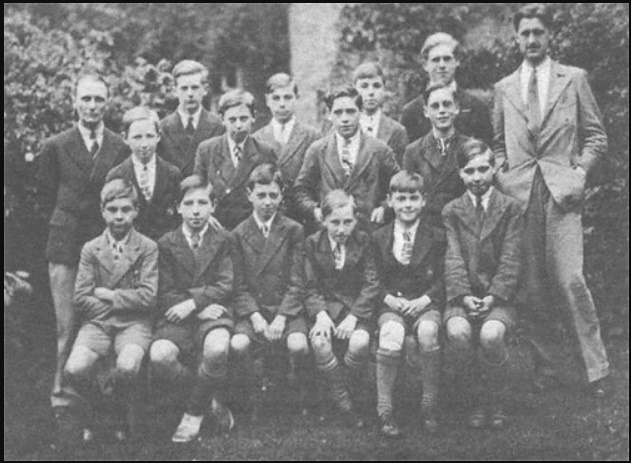
flickr.com 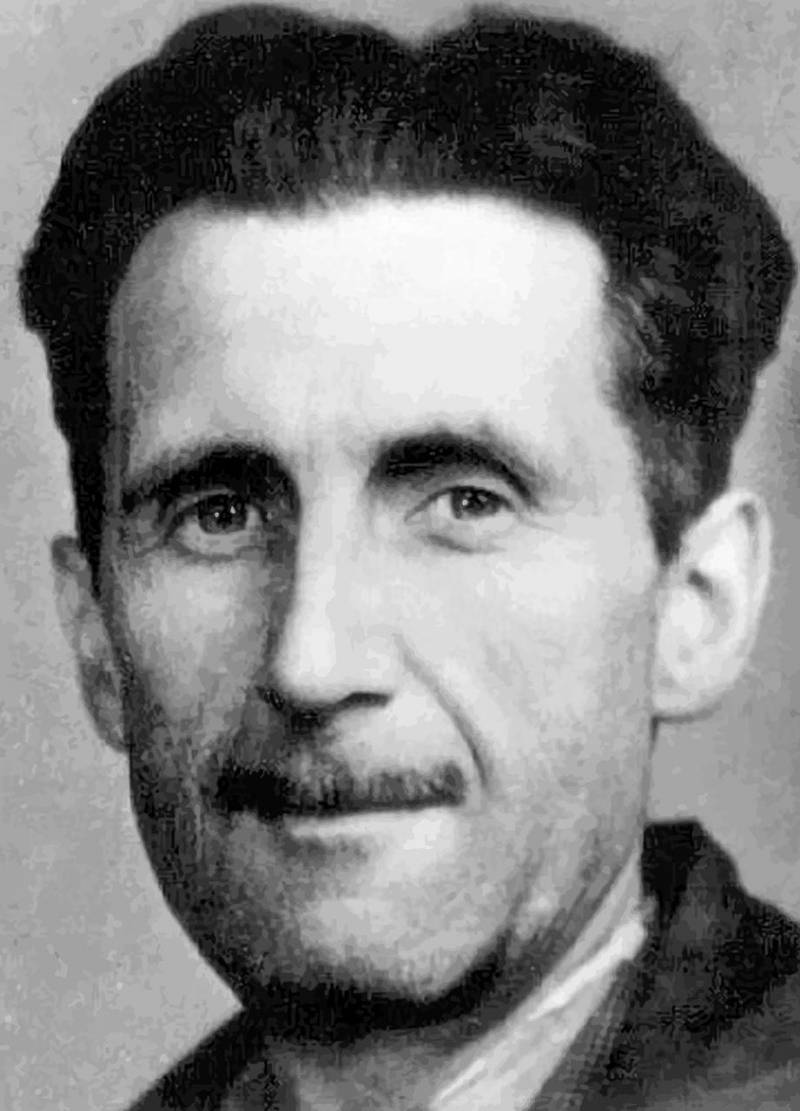
thisislocallondon.co.uk -
One of the interesting facts about George Orwell is that he worked as an imperial police officer in Burma. Blair's maternal grandmother was in Moulmein, thus he chose to serve in Burma, which was still a colony of British India at the time. In October 1922, he boarded the SS Herefordshire and proceeded through the Suez Canal and Ceylon to join the Indian Imperial Police in Burma. He arrived in Rangoon a month later and flew to Mandalay to attend the police training school. On November 29, 1922, he was named Assistant District Superintendent, with effect from November 27, and a monthly salary of Rs. 525. After a brief stint at Maymyo, Burma's main hill station, he was assigned to the frontier outpost of Myaungmya in the Irrawaddy Delta in early 1924.
While most of his colleagues were still in university in England, working as an imperial police officer afforded him significant authority. When he was assigned as a sub-divisional officer to Twante in the Delta, he was in charge of the protection of approximately 200,000 people. He was transferred to Syriam, near Rangoon, by the end of 1924. Syriam had the Burmah Oil Company's refinery, the surrounding land a barren waste, all flora wiped off by the fumes of sulfur dioxide spewing out day and night from the refinery's stacks. However, the town was close to Rangoon, a sophisticated seaport and Blair frequented the city to browse in a bookshop and eat food to get away from the dreary monotony of police life.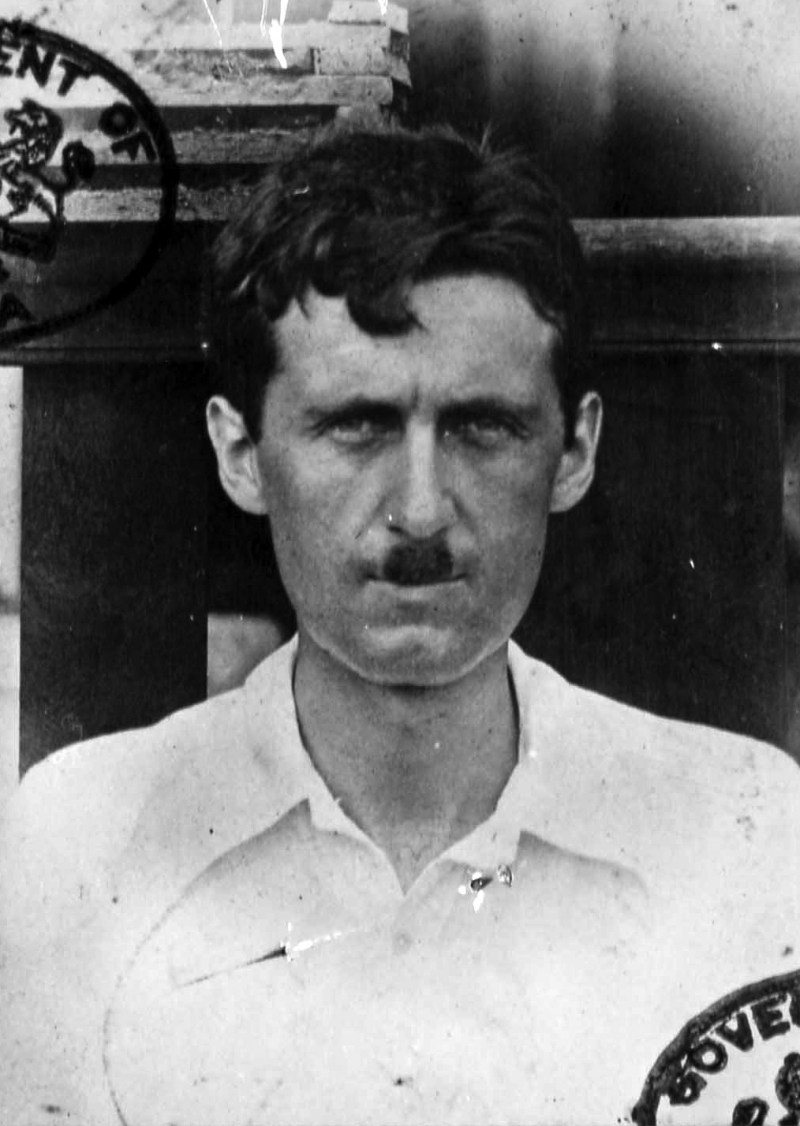
Blair pictured in a passport photo in Burma - Photo: en.wikipedia.org 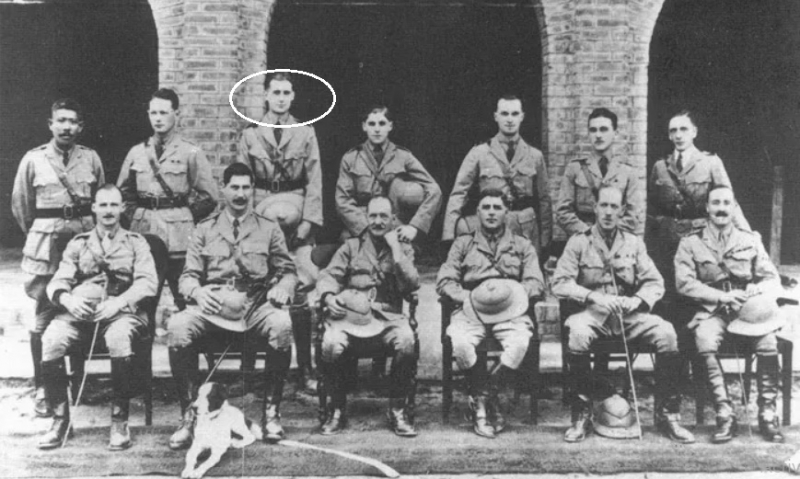
George Orwell at the police training school in Burma, 1922 -Photo: theguardian.com -
Another interesting fact about George Orwell is that Orwell was accused of treason in Spain. On or around December 23, 1936, Orwell left for Spain. After a time at the Lenin Barracks in Barcelona, he was assigned to Georges Kopp's comparatively peaceful Aragon Front. Orwell has immediately promoted to corporal thanks to his Cadet Corps and police training. When a British ILP Contingent arrived three weeks later, Orwell and the other English militiaman, Williams, were assigned to Monte Oscuro.
Orwell returned to Barcelona in April. He sought a Communist buddy assigned to the Spanish Medical Aid and described his situation, hoping to be deployed to the Madrid front, which meant he "must join the International Column." Orwell was caught up in the factional strife during the Barcelona May Days. He spent much of his time on a roof with a stack of literature, but during his visit, he ran into Jon Kimche from his Hampstead days. The Communist press's following campaign of deception and distortion, in which the POUM was accused of collaborating with fascists, had a major impact on Orwell. Instead of joining the International Brigades, he chose to return to the Aragon Front. After the battle in May finished, he was approached by a Communist buddy who inquired if he still planned to join the International Brigades. Orwell expressed surprise that they still wanted him because the Communist press labeled him a fascist.
By the middle of June, the political situation in Barcelona had deteriorated, and the POUM (portrayed as a Trotskyist organization by pro-Soviet Communists) was illegal and under attack. According to the Communist viewpoint, the POUM were "objectively" Fascist, stifling the Republican cause A particularly heinous poster arose, depicting a POUM mask-clad head being pulled off to reveal a Swastika-covered face beneath." Members were imprisoned, including Kopp, and others went into hiding. Orwell and his wife were under threat and had to remain hidden, though they did break cover to assist Kopp.
Finally, with their passports in order, they fled Spain by rail, stopping briefly in Banyuls-Sur-Mer before returning to England. Orwell returned to Wallington in the first week of July 1937; on 13 July 1937, a deposition was delivered to the Tribunal for Espionage and High Treason in Valencia, alleging the Orwells with "rabid Trotskyism" and being POUM agents. In October and November 1938, the leaders of the POUM and Orwell (in his absence) were tried in Barcelona. Orwell commented on events in French Morocco, saying they were "only a by-product of the Russian Trotskyist trials and from the start, every kind of lie, including flagrant absurdities, has been circulated in the Communist press."
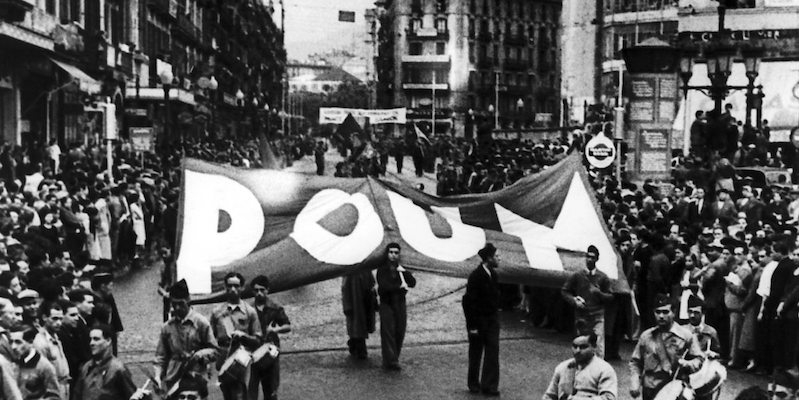
lithub.com 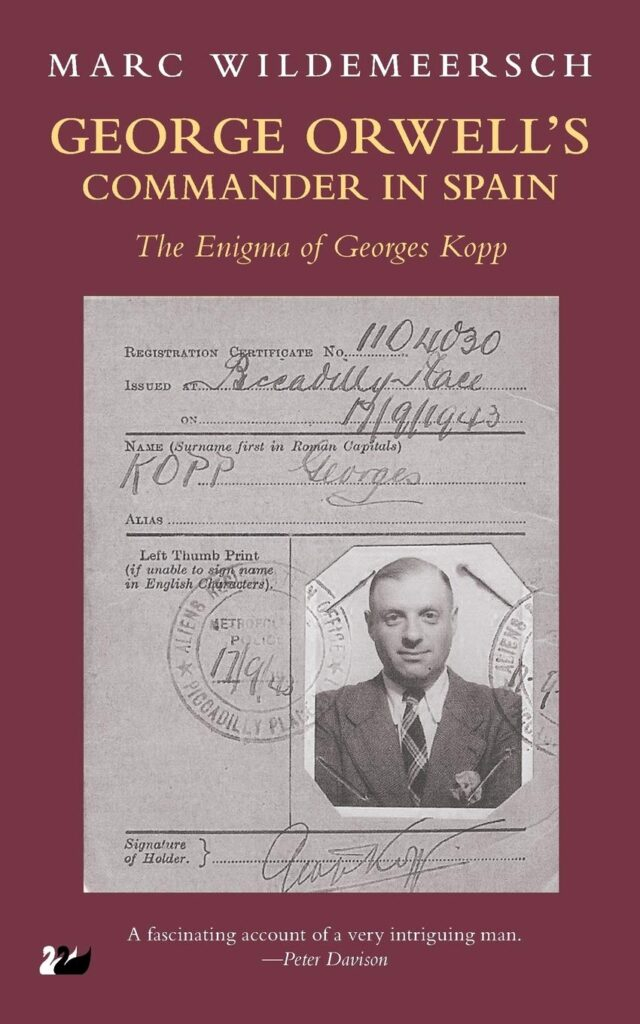
Georges Kopp -Photo: orwellsociety.com -
One of the interesting facts about George Orwell is that he worked for the BBC. When World War II broke out, Orwell's wife Eileen began working in the Ministry of Information's Censorship Department in central London. Early in 1941, he began writing for the American Partisan Review, which connected Orwell with The New York Intellectuals, who were also anti-Stalinists and contributed to the Gollancz collection The Betrayal of the Left, which was created in response to the Molotov-Ribbentrop Pact. He also applied for and was denied a job with the Air Ministry. Meanwhile, he continued to write book and theatre reviews and met novelist Anthony Powell around this time. He also contributed to a few BBC Eastern Service radio broadcasts.
Orwell finally found war work in August 1941, when he was hired full-time by the BBC's Eastern Service. When interviewed for the job, he stated that he recognized totally the need for government-directed propaganda and emphasized the importance of discipline in the execution of government policy during wartime. He oversaw cultural broadcasts to India in response to Nazi Germany's propaganda aimed at undermining Imperial ties. This was Orwell's first taste of the harsh conformity of office life, and it provided him with the opportunity to produce cultural events featuring T. S. Eliot, Dylan Thomas, E. M. Forster, Ahmed Ali, Mulk Raj Anand, and William Empson, among others.
Orwell launched Voice, a literary program for his Indian broadcasts, at the BBC, and by this time was having a lively social life with literary colleagues, particularly on the political left. Late in 1942, he began writing on a regular basis for the left-wing weekly Tribune, which was edited by Labour MPs Aneurin Bevan and George Strauss. Orwell's mother died in March 1943, and around the same time, he told Moore that he was commencing work on a new book, which turned out to be Animal Farm. Orwell resigned from the BBC role he had held for two years in September 1943. His departure came after a report confirmed his suspicions that few Indians were listening to the broadcasts, but he also wanted to focus on writing Animal Farm.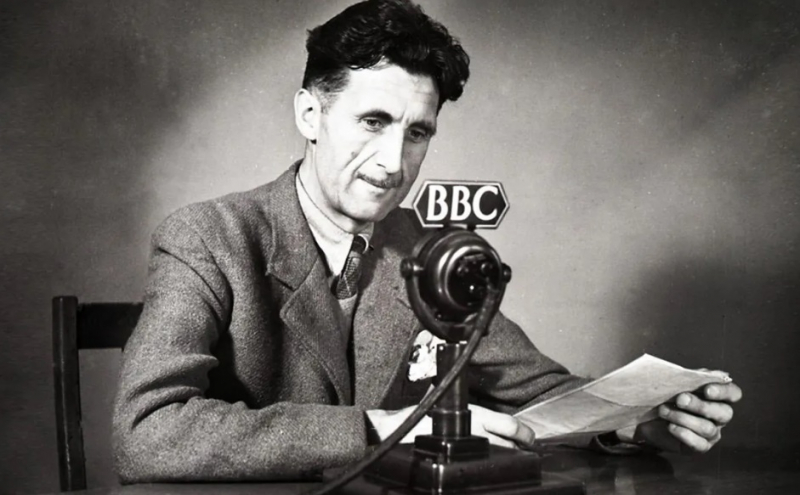
talkinghumanities.blogs.sas.ac.uk 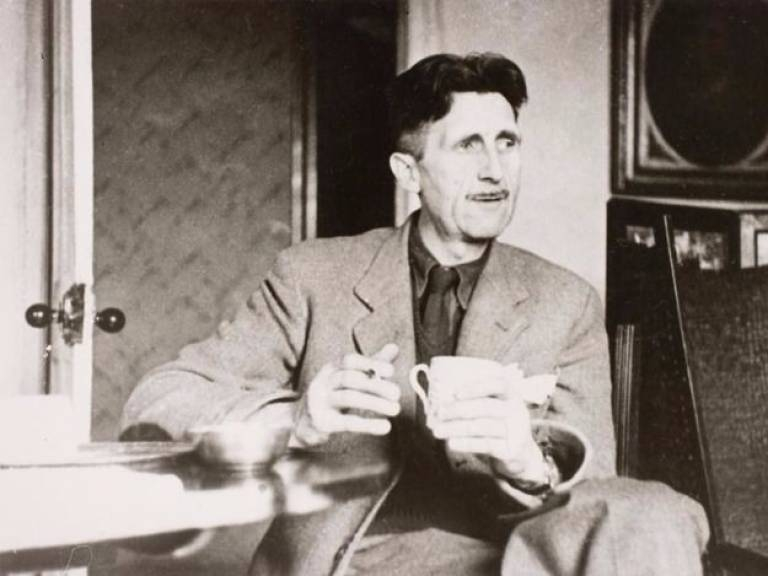
ucl.ac.uk -
It is a fact that George Orwell died of tuberculosis. After being diagnosed with tuberculosis in December 1947, Orwell's health deteriorated further. He courted Sonia Brownell in mid-1949, and they announced their engagement in September, just before he was admitted to University College Hospital in London. Sonia took the responsibility for Orwell's affairs and assiduously attended to him in the hospital. On October 13, 1949, Orwell married in a hospital room, with David Astor as his best man. By Christmas, Orwell's health had deteriorated once more. Potts paid Orwell a visit on the evening of January 20, 1950, and sneaked out when he saw him sleeping. Later, Jack Harrison paid a visit and said that Orwell had given him a 25% stake in the company. An artery burst in Orwell's lungs early on the morning of January 21, killing him at the age of 46.
Orwell had asked to be buried according to Anglican custom in the churchyard of the nearest church to where he died. The graveyards in central London were full, so his wife asked his friends if they knew of a church with space in its graveyard, in an effort to ensure his final desires were met. David Astor lived in Sutton Courtenay, Oxfordshire, and arranged for Orwell to be buried in the All Saints' churchyard there. Orwell's gravestone bears the epitaph: "Here lies Eric Arthur Blair, born June 25th, 1903, died January 21st, 1950" with no mention of his better-renowned pen name.
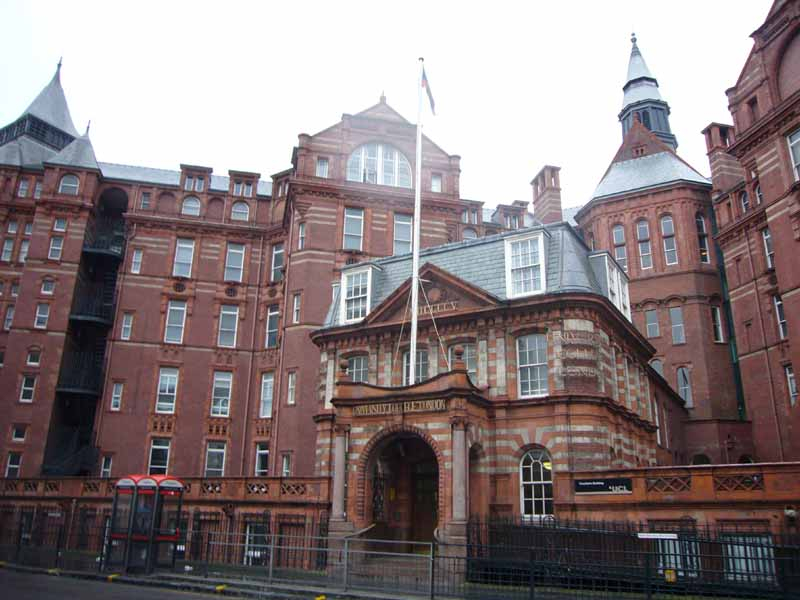
The University College Hospital in London -Photo: risk-uk.com 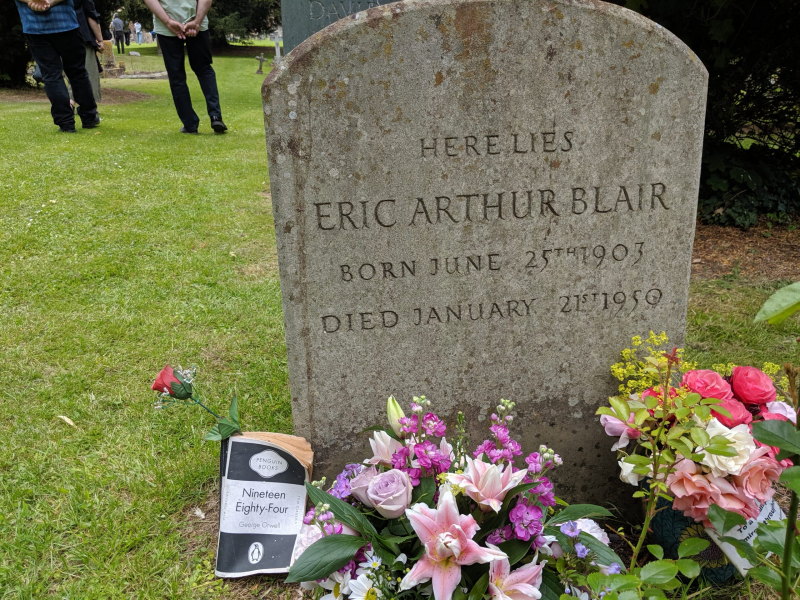
George Orwell's Grave -Photo: nicolarossi.com -
Another interesting fact is that George Orwell was an atheist. Orwell was an agnostic who connected with the humanist philosophy of life. Despite this, and despite his criticisms of religious dogma and religious organizations, he was a regular participant in the church's social and civic life, including attending the Church of England Holy Communion. Orwell was also well-versed in Biblical literature, and he could recite entire parts of the Book of Common Prayer from memory. His profound understanding of the Bible was accompanied by harsh criticism of its philosophy, and he could not bring himself to believe in its doctrines as an adult. According to literary critic James Wood, in the conflict between Christianity and humanism, Orwell was on the humanist side, of course, basically an unmetaphysical, English version of Camus's philosophy of perpetual godless struggle."
Orwell's writing was frequently bluntly critical of religion, particularly Christianity. He saw the church as a "selfish church of the landed gentry," with an establishment that was "out of touch" with the bulk of its communicants and an overall negative influence on public life. Crick noted that Orwell exhibited "a pronounced anti-Catholicism." In 1946, Evelyn Waugh acknowledged Orwell's strong moral sense and sense of justice, but he "seems never to have been touched at any point by a conception of religious thought and life." His varied and sometimes unclear views on the societal benefits of religious involvement matched his public and private lives: According to Stephen Ingle, it was as though writer George Orwell "vaunted" his unbelief, whilst Eric Blair the individual retained a profoundly entrenched religiosity.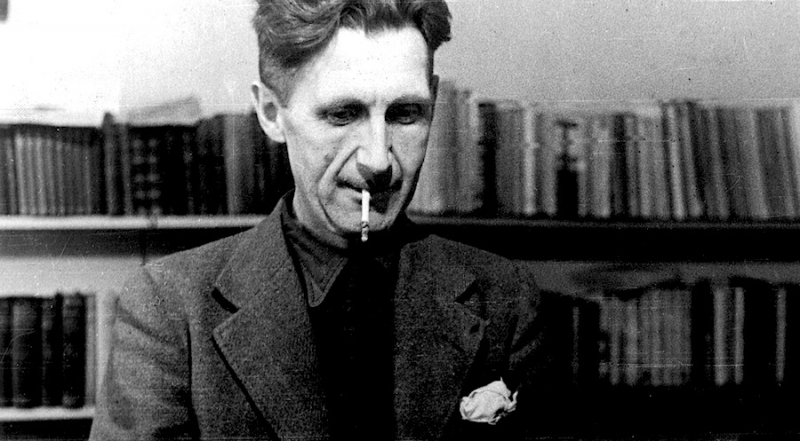
lithub.com 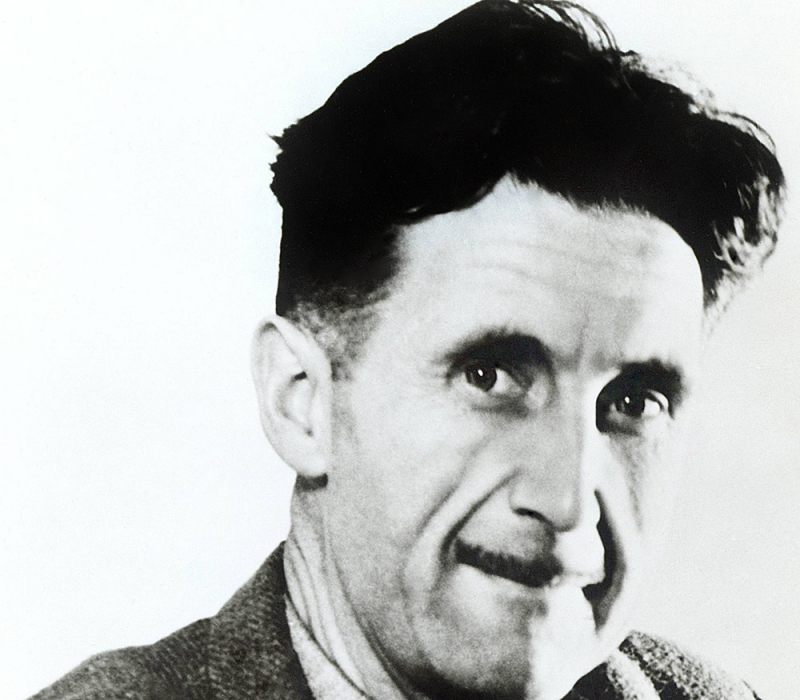
europa.eu









